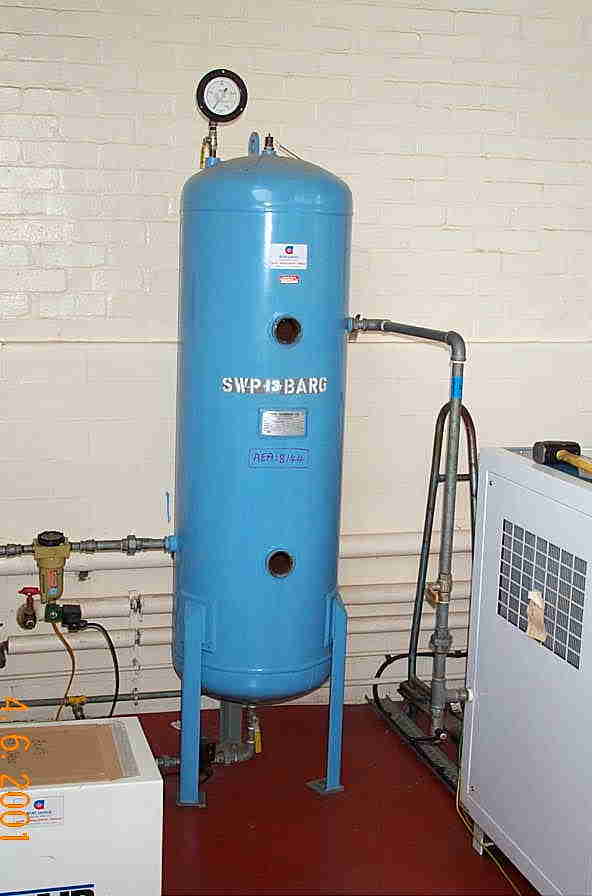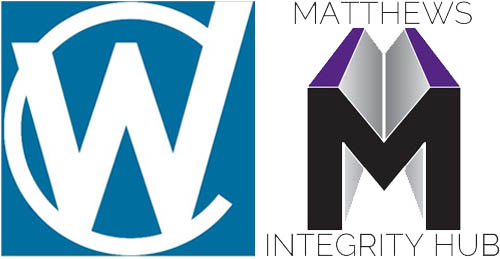NDT UPSKILLING KNOWLEDGE QUIZ
A gentle expansion of your knowledge
If you’ve read some of the other articles on this website, you may have noticed that there’s a bit of a difference between pure NDT knowledge and that needed to take a wider view of equipment integrity, in particular of pressure and lifting equipment items. Moving from NDT to a wider integrity role can therefore be about gently pushing your technical boundaries to take on board a few new subjects. It doesn’t have to be that difficult, and can pay good rewards on job security, working conditions and pay rates.
Let’s try an entry quiz
There’s no need to take this too seriously, it’s just a quiz (you’re not in an exam). Its purpose is to show you some of the differences between the two subjects, and that many of the terms and principles are not far from what you have been working with already. You can use the link at the end to see the answers. Don’t worry if you don’t get all of the questions correct; there are short learning points mentioned at the end of each, and you can always do an internet search on them. There’s a bit of concentration required but it will be half an hour well spent.
The equipment
 All three quiz questions relate to a straightforward 13 bar dry air receiver. The basic principles of integrity are similar for all components and there’s no point in trying to jump through too many knowledge hoops at once. It’s a vessel that looks like the picture below; let’s say it’s about 10 years old and gets inspected every couple of years or so. Clearly it hasn’t failed yet.
All three quiz questions relate to a straightforward 13 bar dry air receiver. The basic principles of integrity are similar for all components and there’s no point in trying to jump through too many knowledge hoops at once. It’s a vessel that looks like the picture below; let’s say it’s about 10 years old and gets inspected every couple of years or so. Clearly it hasn’t failed yet.
Quiz Question 1. NDT codes
Question: A common NDT technique for this vessel would be simple 0º compression probe (pulse-echo) UT thickness measurements to detect wall corrosion thinning on the inside surface. In which of the following areas of the vessel would you say that actual thinning (if it has occurred) is the least serious from an integrity viewpoint?
a)In the centre of the lower head, around the drain connection.
b) Near the head-to-shell welds
c) In the centre of the shell, well away from the ends and access ports
d) In the shell, opposite the air inlet pipe
Question 2. Defect acceptance criteria
Question: If you found visual undercut of 0.5mm deep and 10mm in length on one of the head-to-shell circumferential welds on this vessel, what would you recommend as appropriate next step?
a) Check it against the acceptance criteria of ASME IX or the EN welding code
b) Specify that it needs to be repaired
c) Specify a hydraulic pressure test to test the vessel’s integrity
d) None of these
Question 3. Factors of safety
‘Factor of Safety’(FOS) is a term relevant in the design and corrosion evaluation world, where it describes the actual strength of a component compared to how strong it needs to be. It also relates to wall thickness in pressure vessels where it gives an indication as to how much wall thinning the component can stand.
Question: On the air receiver shown, which component would you guess has the highest (best) FOS in its uncorroded condition?
a) The vessel heads
b) The vessel shell
c) The small-bore inlet and outlet pipes
d) The pressure gauge
How did you do?
If you’ve had an attempt at all three questions, have a look at The Answers
You probably had a reasonable go at these using some engineering experience and intuition. You can see the idea, that as a discipline, plant integrity takes the results of NDT and then draws conclusion from them. To help draw these conclusions you need a good general appreciation of the issues surrounding plant integrity and how they fit together.
Fancy a few more questions?
Now that you have eased into the world of plant integrity have a look at our small plant surveyor quiz question set. If you’re starting to like the idea then go on to Interview questions for small plant surveyors.
DID YOU FIND THIS ARTICLE USEFUL?
Can we help you further?
We are not part of any government body, association, institution, agency or employer. Nor do we officially represent any of them, so you can be assured that we can provide you with an objective viewpoint. We can’t comment on individual companies and employers of course but are happy to discuss general asset integrity career situations or issues that you have.
We are always keen to discuss engineering and technical issues also, because that is what lifework careers in this industry are all about. Here’s some types of things may want to talk about:
- What roles can I do as an independent contractor?
- How suitable am I for a career move?
- I feel my career is going nowhere…what can I do?
- How relevant is a particular certification exam or qualification?
- What does a particular type of inspection/integrity engineer actually do?
- I have to prepare a presentation on Stress Corrosion Cracking (SCC). What should I put in it?
- What code should I work to for a welded repair on a pressure vessel?
Matthews Integrity Hub: HEAD OFFICE is OPEN EVERY DAY….0730 – 2200 Monday – Sunday…That’s correct, all week, every week, including holidays
 If we happen to miss your call, leave a message and we will call you back just as soon as we pick it up. Sorry, there’s no automated messages, call queueing, voice recognition tools or canned music. Try it and see.
If we happen to miss your call, leave a message and we will call you back just as soon as we pick it up. Sorry, there’s no automated messages, call queueing, voice recognition tools or canned music. Try it and see.
CONTACT US
Tel: 07746 771592 help@matthewsintegrity.co.uk





